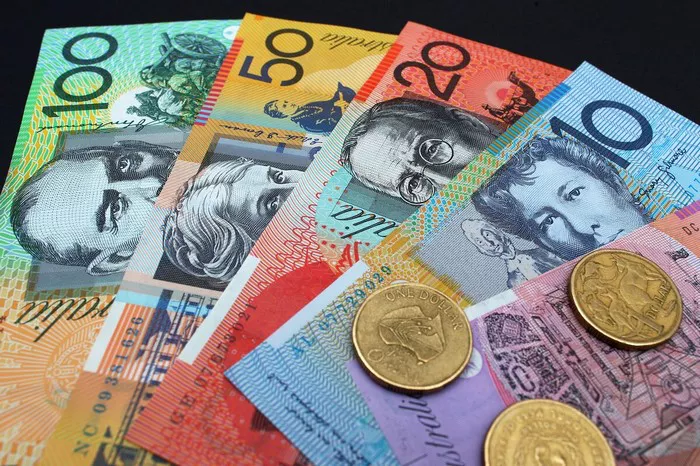The Nigerian naira has shown notable resilience recently, with Bureau De Change (BDC) operators attributing its strength to the Central Bank of Nigeria (CBN) policy changes that facilitate more direct forex sales to licensed currency traders. According to BDC operators, a significant influx of foreign exchange into the interbank window is fueling the naira’s performance, with growing investor confidence and substantial portfolio investments flowing into Nigerian banks.
CBN Policy Boosts Forex Inflows
In December 2024, the CBN introduced a new guideline allowing licensed BDC operators to purchase foreign exchange directly from authorized dealers, marking a significant shift in Nigeria’s forex market. This move was designed to streamline the market and enable the naira to more accurately reflect its true value. Since the policy’s rollout, BDC operators have reported an increase in forex inflows, bolstered by both direct remittances and export proceeds.
However, the policy faced challenges in its initial stages, particularly concerning the reluctance of some banks to implement the changes. This led to calls from BDC operators for an extension of the policy’s implementation deadline, which had originally been set for January 31, 2025. In response, the CBN extended the deadline for forex purchases from authorized dealers until May 30, 2025, allowing more time for banks to comply.
Impact on Naira and Market Dynamics
Aminu Gwadebe, President of the Association of Bureau De Change Operators of Nigeria (ABCON), acknowledged the positive impact of the policy on the forex market. He noted that several banks have already started selling forex directly to BDCs, which has had a significant effect on the market. “The implementation of this CBN circular has brought positive changes, with banks starting to follow through on their sales to licensed BDCs. This has resulted in a more stable exchange rate, with the naira showing resilience,” Gwadebe said.
The BDC operators also emphasized the role of increased liquidity in the banking system, with banks reportedly receiving substantial portfolio investments. This influx of foreign capital has strengthened their ability to meet forex demand, particularly in the interbank market. As Gwadebe explained, “There is a lot of liquidity in the banks right now, especially with growing investor confidence and portfolio inflows, which are giving banks the capacity to manage their surpluses.”
Factors Behind Recent Naira Appreciation
The naira’s recent strong performance, which saw the exchange rate dip below N1,550/$1 in recent trading sessions, has also been attributed to the success of the CBN policy. “On Thursday, the naira reached about N1,555/$1, and on Friday, it came down to around N1,540/$1,” said Gwadebe, highlighting the volatility in the market.
While BDC operators have noted that the recent appreciation may be tied to the CBN’s policy, some have cautioned against attributing it solely to these changes. Mallam Adamu, another BDC operator, suggested that the fluctuations in the forex market are often driven by broader market dynamics. “The FX market is unpredictable; it fluctuates throughout the day. Today, the rate was around N1,570/$1, and by Friday, it had fallen to N1,560/$1. This is just how the market works,” he said.
Speculation and Market Sentiment
Gwadebe also pointed out that factors such as panic buying, speculation, and currency substitution often play a larger role in forex market volatility than seasonal factors like the Chinese New Year. “While the Chinese holiday may have some influence, it is not the primary driver. What we see more often is panic buying and speculation, which can overwhelm even the natural demand from traders or travelers going to China,” he noted.
The ABCON president emphasized that when there is widespread fear of volatility in the market, people tend to purchase more foreign exchange out of caution, further exacerbating the pressure on the naira. “These are the real challenges we face in the forex market: panic buying, currency substitution, and speculation,” he added.
Conclusion: Mixed Outlook for Naira’s Stability
The recent appreciation of the naira is a positive development, but BDC operators caution that its sustainability depends on continued implementation of CBN policies and a reduction in market volatility driven by speculation. While the CBN’s decision to allow direct forex sales to licensed BDCs has certainly contributed to improved liquidity and investor confidence, challenges remain, including the need for full cooperation from the banks.
As the policy continues to evolve, and with the CBN’s extended deadline, stakeholders in Nigeria’s forex market will be closely watching the balance between government action and market sentiment.
Related topics:
EUR/USD and GBP/USD Advance, While EUR/GBP Declines Amid US-Russia Talks and European Defense Boost
US Dollar Outlook: EUR/USD Rally Loses Momentum Ahead of January High


